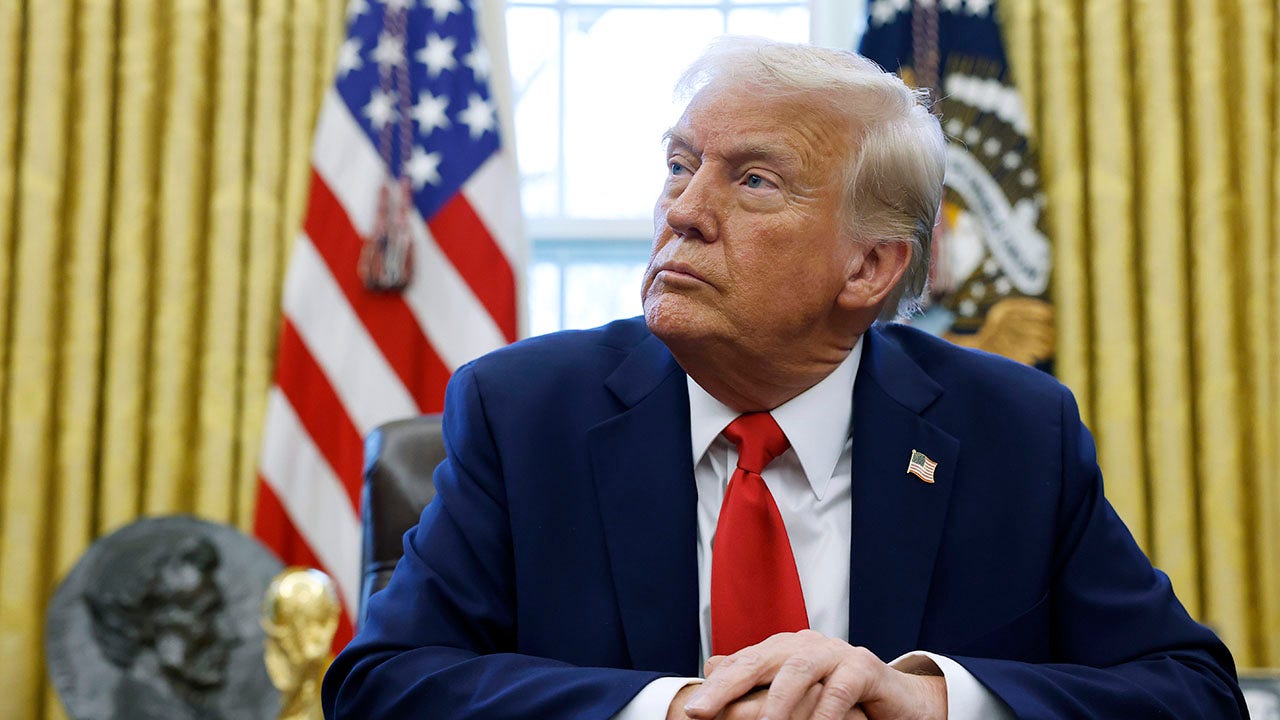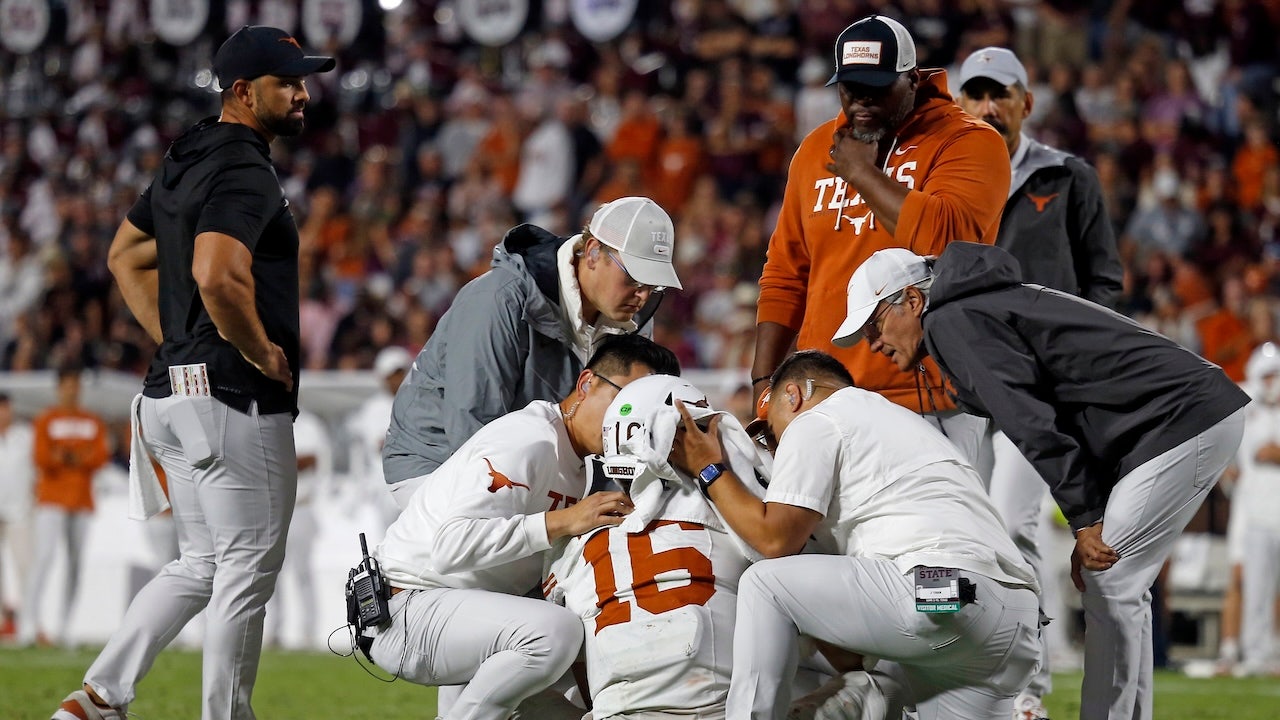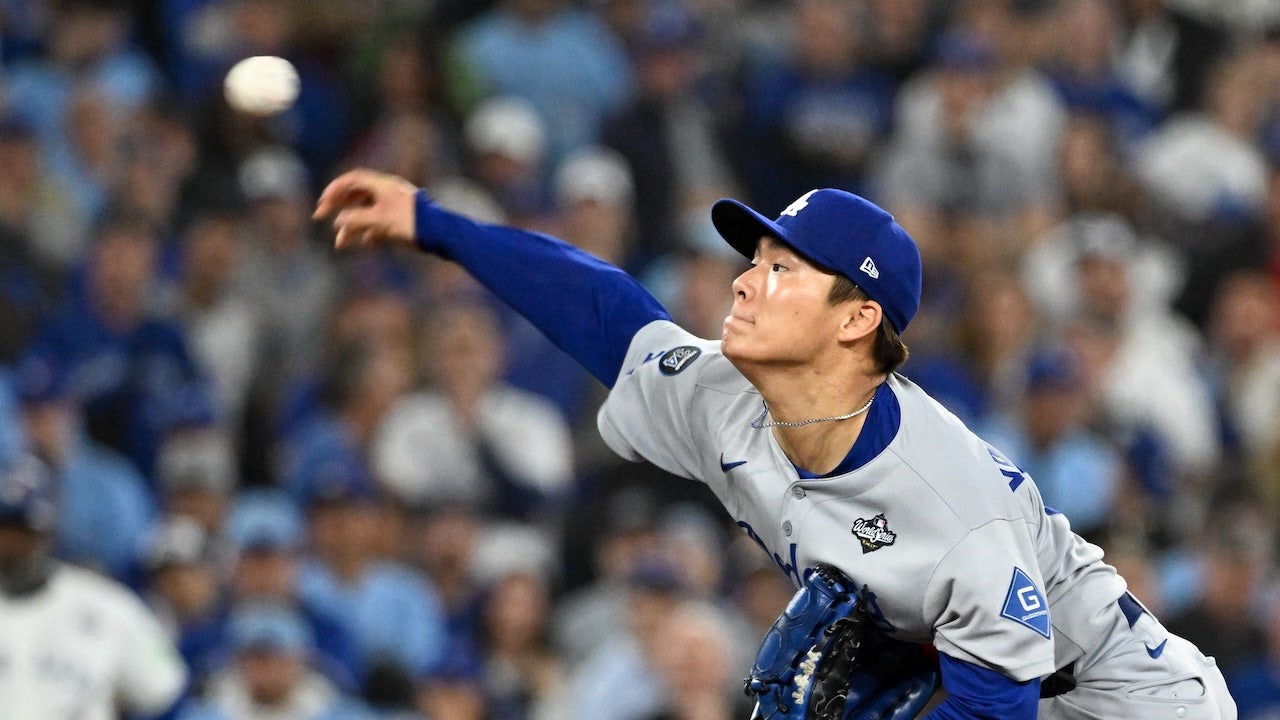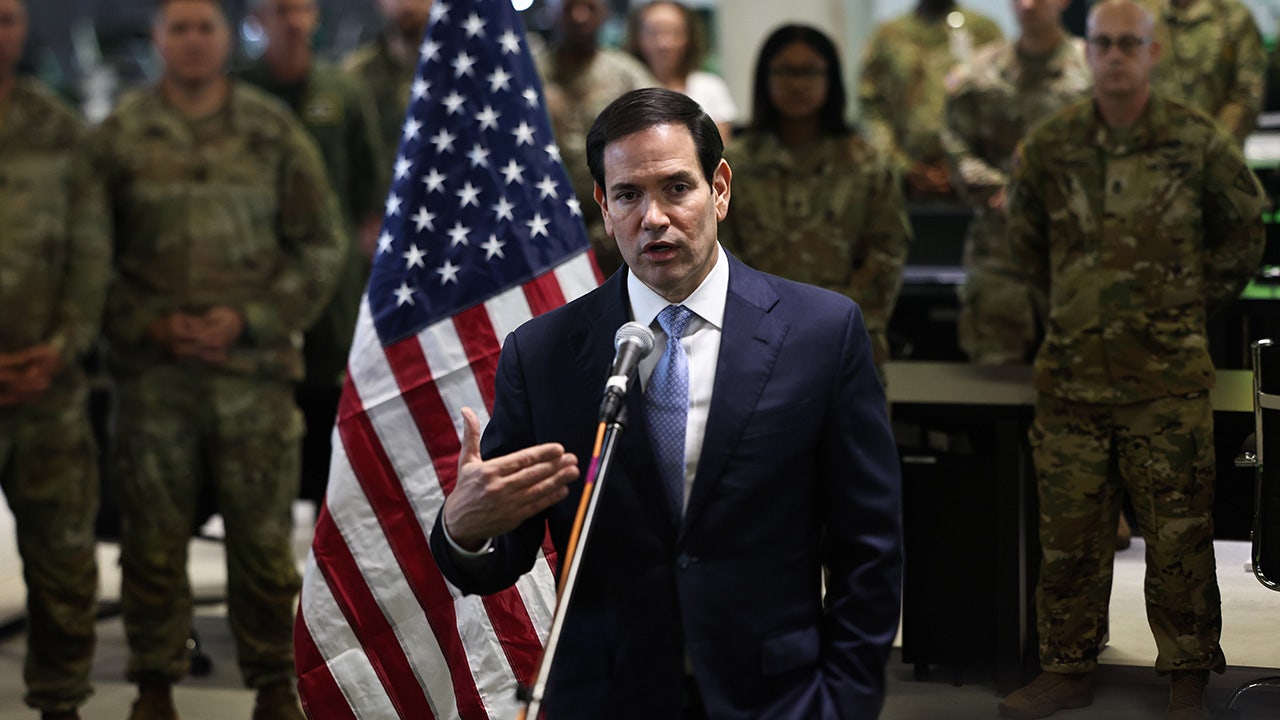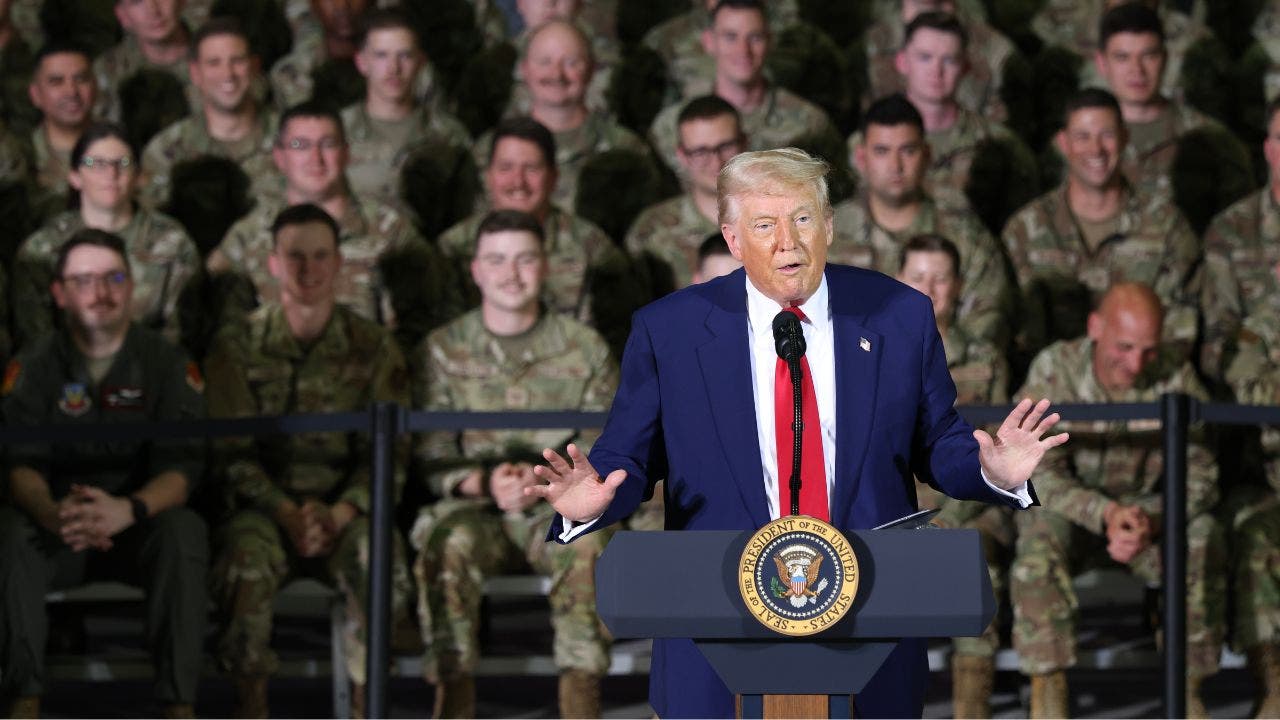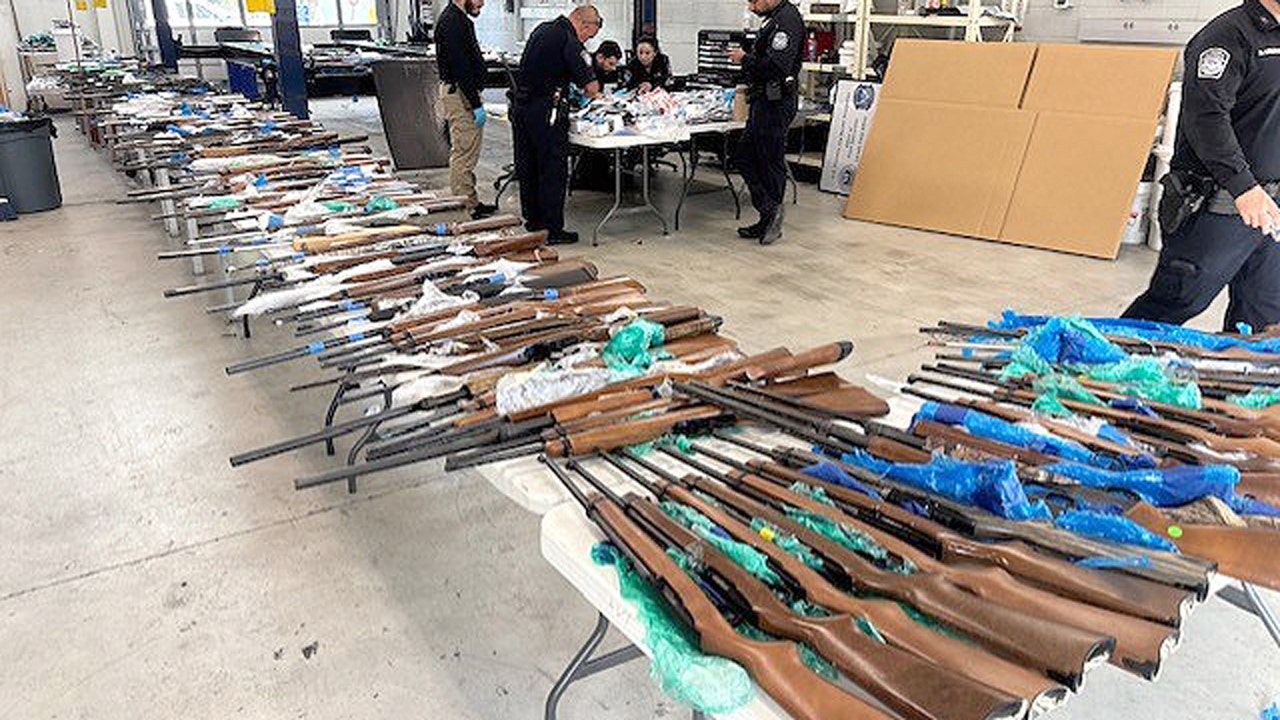Illinois Gov. J.B. Pritzker is facing criticism for his handling of questions about violent crime in Chicago following a deadly Labor Day weekend in the city.
The three-day period saw at least 58 people shot, eight of them fatally, according to the most recent data available.
The violence prompted renewed attention on public safety in the state’s largest city. On Monday, NBC 5 Chicago reporter Mary Ann Ahern asked Pritzker directly if he believed Chicago was safe.
“You’re going to hear people, especially after this past weekend, 54 shot, seven dead, they’re going to say the city’s not safe. Would you ask your friends to ride the L after midnight, or after you know, nine o’clock at night, even, to come down to the city from O’Hare?” she asked.
Pritzker responded by framing the issue as one common to urban areas, while also pointing to President Donald Trump.
“Look, big cities have crime. There’s no doubt about it. But let’s just pay attention to what President Trump is doing, targeting Chicago. He’s overlooking red states that have much higher crime rates,” Pritzker said.
Reporter: “This past weekend, 54 shot, 7 dead. Would you ask your friends to ride the train after midnight?”
JB Pritzker: “Look, big cities have crime. There’s no doubt about it. But let’s just pay attention to what President Trump is doing.” pic.twitter.com/zTRJFkBH7c
— TheBlaze (@theblaze) September 2, 2025
This Could Be the Most Important Video Gun Owners Watch All Year
[esi random_video_player ttl=”0″]
The governor’s comments followed a weekend of exchanges between him and Trump on social media.
On Saturday, Trump highlighted Chicago’s rising violence.
“Six people were killed, and 24 people were shot, in Chicago last weekend, and JB Pritzker, the weak and pathetic Governor of Illinois, just said that he doesn’t need help in preventing CRIME,” Trump posted on Truth Social.
Pritzker responded by sidestepping the crime issue and instead mocked Trump, referencing unfounded rumors spread online about the president’s health.
“Why don’t you send everyone proof of life first? (Either way, Chicago doesn’t want you here),” Pritzker tweeted.
Why don’t you send everyone proof of life first?
(Either way, Chicago doesn’t want you here) pic.twitter.com/1hdPA6NENJ
— Governor JB Pritzker (@GovPritzker) August 31, 2025
The administration in Washington also weighed in after Pritzker’s comments.
Deputy White House Press Secretary Abigail Jackson criticized the governor’s framing of the issue, noting that ‘”It is what it is” is NOT the right response for a leader when asked about violent crime in their city. To all Chicagoans, President Trump has proven that it doesn’t have to be this way!’
“It is what it is” is NOT the right response for a leader when asked about violent crime in their city.
To all Chicagoans, President Trump has proven that it doesn’t have to be this way! https://t.co/tiQ2nwSUkZ
— Abigail Jackson (@ATJackson47) September 2, 2025
Chicago officials have also faced questions about deflecting responsibility for the city’s public safety crisis.
On CNN earlier this week, Chicago Alderman Byron Sigcho-Lopez attributed violence in the city to the Trump administration.
“We also have had many, many instances where the administration has really escalated — exacerbated the violence in our — in our — in our country, in our — in our cities,” he said, while also calling Trump a “dictator.”
Pritzker’s response to questions about safety has drawn attention as he is widely viewed as a potential Democratic contender for the 2028 presidential race.
Critics argue that downplaying crime in Chicago could create problems for him if he pursues higher office.
Meanwhile, violence over the Labor Day weekend was not limited to Illinois.
In Jackson, Mississippi, another Democrat-led city, at least seven people were shot, three fatally, according to statements from the Jackson Police Department.
Records from the Clarion Ledger show that the three killings marked the city’s 40th homicide as of Sept. 2.
The recent wave of violence has intensified debate over crime policy in large cities and how state leaders address public safety.
With shootings continuing to draw national attention, Pritzker’s comments are likely to remain under scrutiny as the issue plays a central role in both state and national political discussions.
Read the full article here


![Pritzker Uses ‘It Is What It Is’ Defense for 54 Shot in Chicago Over Labor Day Weekend [WATCH] Pritzker Uses ‘It Is What It Is’ Defense for 54 Shot in Chicago Over Labor Day Weekend [WATCH]](https://www.lifezette.com/wp-content/uploads/2025/09/2025.09.03-09.35-lifezette-68b8b4a3528f5.jpg)




